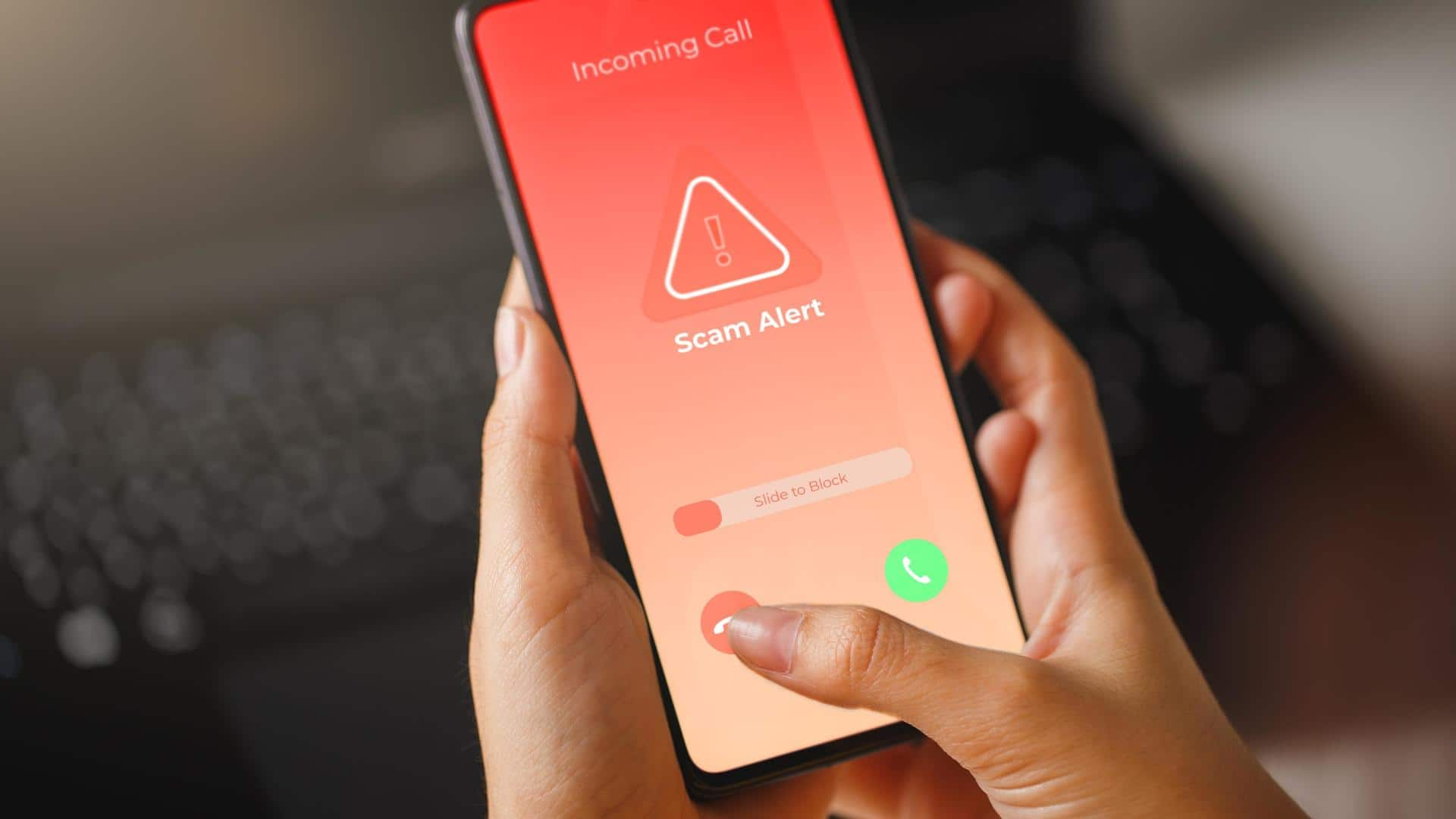
Beware of calls from unknown numbers starting with +92
What's the story
If you ever receive a phone call from any unknown number starting with +92, avoid it at all costs, the Union Ministry of Home Affairs' handle for cyber-safety and cybersecurity has previously urged Indian citizens.
Such calls, the warning suggests, could be from fraudsters, who may steal your money and vanish without leaving a trace behind.
Here's everything to know about it.
Warning
Calls may be used for soliciting sensitive information
Issued on August 2020, the alert from MHA warned against receiving a normal or even WhatsApp call from numbers starting with +92, which is the country code of Pakistan.
"These may be used for soliciting sensitive information," it added, implying the callers using these numbers can trick you into giving away confidential data, like OTPs or bank login details, required for stealing money.
Convincing
They can use different techniques to convince you
Scammers, as we have seen on several occasions, can use a range of techniques to make themselves appear legitimate and convince an unsuspecting person to give away their credentials or money.
They can, for instance, pose as a representative from the bank, a company official offering a free trip or gift hamper, or even as a romantic partner in need of urgent money.
Impact
Once you give details, there is no turning back
Once you fall for such a scam and share your details, there is no turning back, as the scammer will take no time to steal your money.
They can wipe your account clean by either transferring money directly to another (fake) account or making online purchases.
In either case, it becomes nearly impossible to get the money back.
Information
So, do not answer these calls
That said, always avoid calls from unknown numbers starting with +92 or other international codes, as suggested by the MHA. In case you answer it by mistake, keep in mind that you never have to share your credentials, bank login details, and OTPs on call.
Protection
Web and email scams are also possible
Besides calls, fraudsters can also exploit the web and emails to defraud you.
These attacks can be carried out through fake websites to mine your credentials or emails to trick you into giving your information/money voluntarily, just like in the case of calls.
To avoid such attacks, we recommend visiting only reliable sites and verifying the details of the sender before replying back.